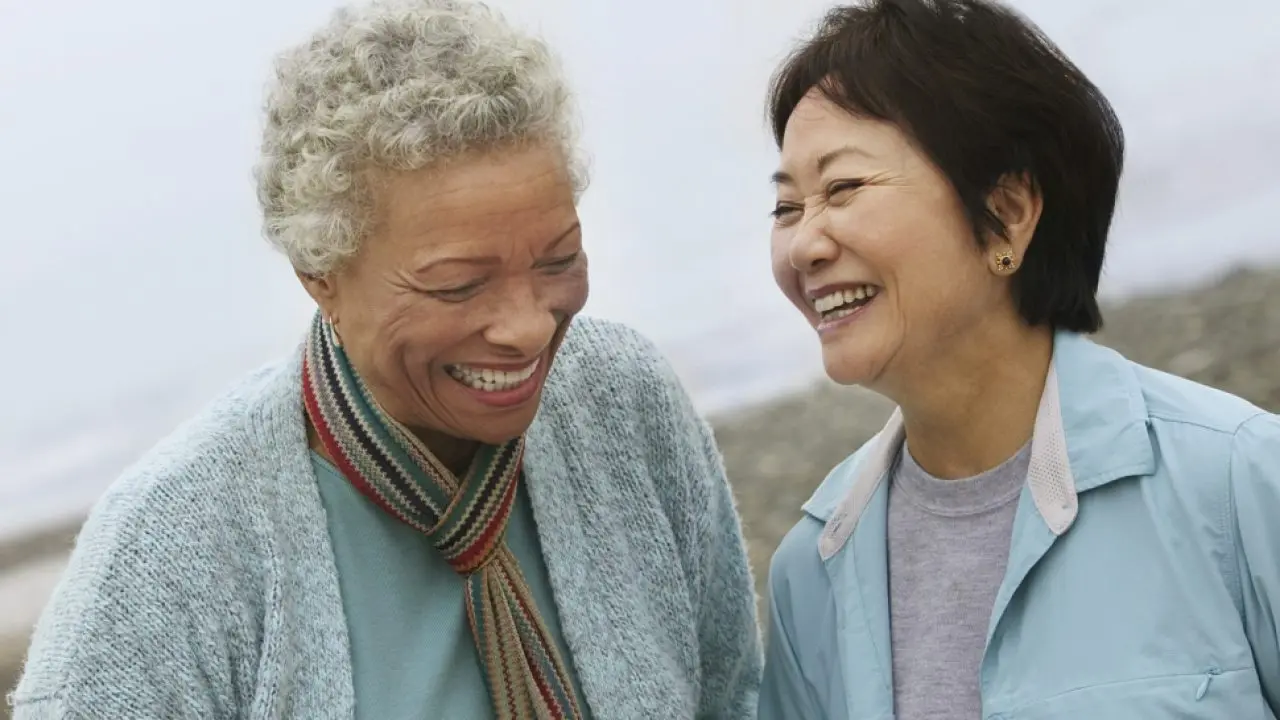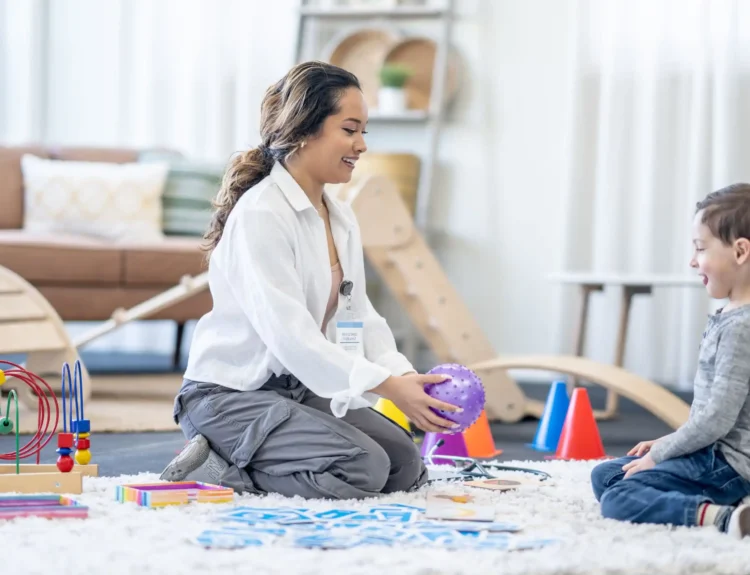Being the partner of a trauma survivor can be challenging. Trauma can affect the survivor’s mental and emotional wellbeing, as well as their ability to form and maintain healthy relationships. As a partner, it can be difficult to navigate the ups and downs of your loved one’s healing journey. However, there are some small things you can do to support your partner and take care of yourself along the way.
Practice active listening
One of the most important things you can do as a partner of a trauma survivor is to actively listen. This means setting aside your own opinions and experiences and truly hearing what your partner has to say. It can be tempting to try to fix or solve your partner’s problems, but often what they need most is simply someone to listen and validate their experiences.
Educate yourself on trauma
Educating yourself on trauma can help you better understand your partner’s experiences and behaviors. It can also help you recognize when your partner might need additional support or professional help. There are many resources available online, such as articles, books, and videos, that can help you learn more about trauma and its effects.
Practice self-care
Taking care of yourself is crucial when you’re supporting a trauma survivor. It can be emotionally exhausting and overwhelming to witness your partner’s pain and struggles. Make sure to prioritize your own self-care by doing things that make you feel good, such as exercising, meditating, or spending time with friends.
Encourage professional help
Trauma can be complex and often requires the help of a trained professional. Encouraging your partner to seek therapy or counseling can be a difficult conversation to have, but it can ultimately benefit both of you. A therapist can provide your partner with the tools and support they need to heal and improve their mental health.
Communicate openly and honestly
Open and honest communication is key in any relationship, but especially when one partner is a trauma survivor. Encourage your partner to share their feelings and needs with you, and be willing to listen and accommodate when possible. It’s also important to communicate your own feelings and needs in a respectful and understanding way.
FAQ’S
What are some common behaviors exhibited by trauma survivors in relationships?
Trauma survivors may exhibit a range of behaviors in their relationships, including:
- Difficulty trusting others
- Fear of abandonment or rejection
- Avoidance of emotional intimacy
- Hypervigilance and/or overprotectiveness
- Flashbacks or intrusive thoughts
- Emotional numbing or dissociation
- Anger or irritability
It’s important to remember that these behaviors are a result of the trauma survivor’s experiences and are not a reflection of their love or commitment to their partner.
How can trauma affect a survivor’s ability to form and maintain healthy relationships?
Trauma can have a profound impact on a person’s ability to form and maintain healthy relationships. Trauma survivors may struggle with trust, intimacy, communication, and emotional regulation, all of which can make it difficult to build and sustain a healthy relationship. Additionally, trauma can lead to a range of mental health conditions, such as depression and anxiety, which can also affect a person’s ability to connect with others.
What are some common types of therapy used to treat trauma?
There are several types of therapy that can be effective in treating trauma, including:
- Cognitive Behavioral Therapy (CBT): focuses on changing negative thought patterns and behaviors
- Eye Movement Desensitization and Reprocessing (EMDR): uses rapid eye movements to reprocess traumatic memories
- Dialectical Behavioral Therapy (DBT): helps individuals regulate emotions and improve interpersonal skills
- Psychodynamic Therapy: focuses on exploring unconscious thoughts and feelings related to trauma
- Trauma-Focused Cognitive Behavioral Therapy (TF-CBT): a specialized form of CBT that addresses trauma-related symptoms and behaviors in children and adolescents
It’s important to note that therapy is not a one-size-fits-all solution and what works for one person may not work for another. It’s important for trauma survivors to work with a trained professional to find a therapy approach that meets their unique needs.
Conclusion
Being the partner of a trauma survivor can be a challenging but rewarding experience. By practicing active listening, educating yourself on trauma, practicing self-care, encouraging professional help, and communicating openly and honestly, you can support your partner in their healing journey while also taking care of yourself.



